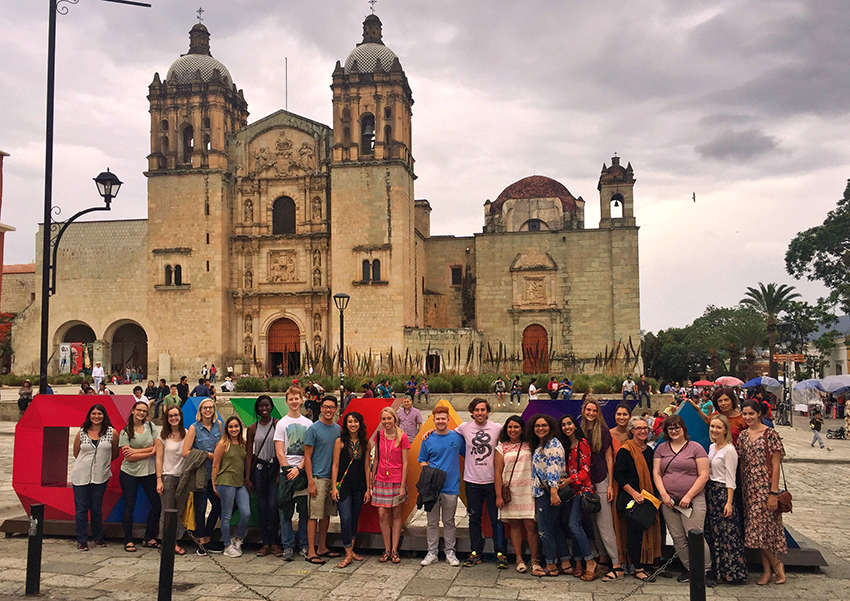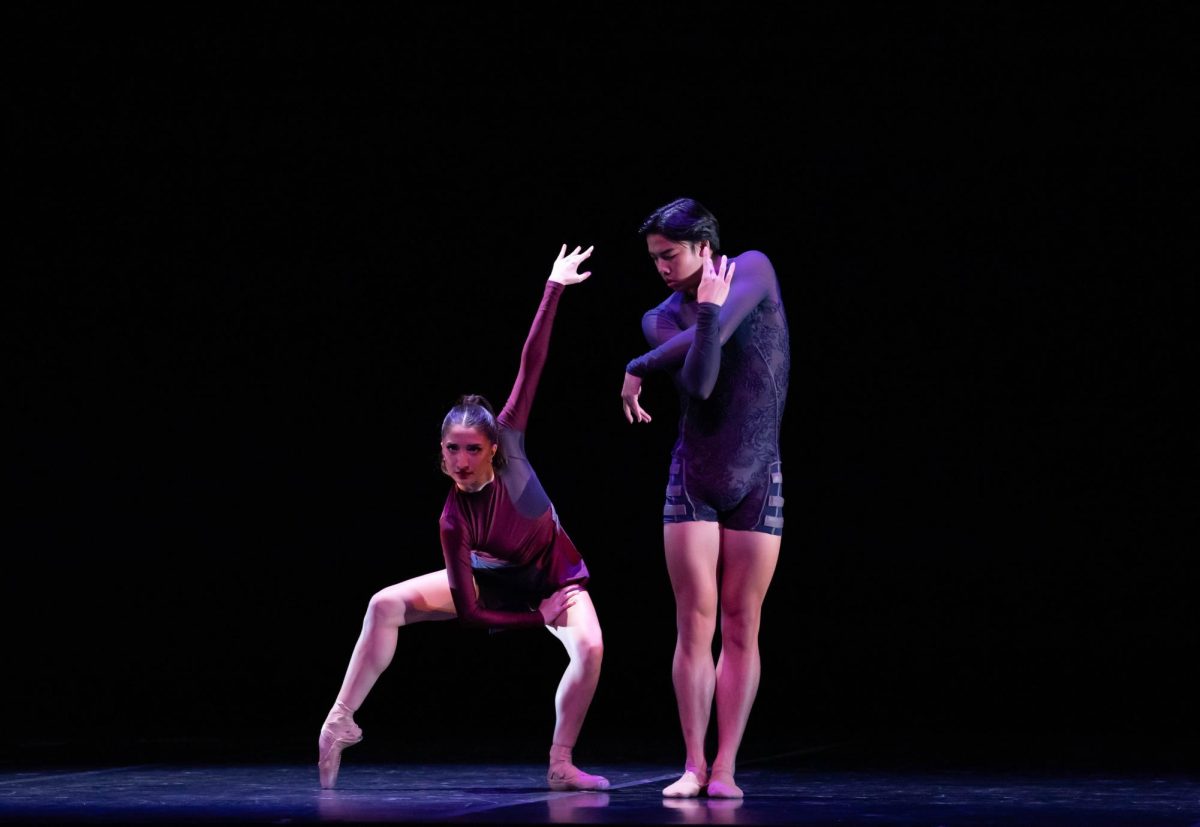As the sun beats down on Oaxaca, Mexico, tourists walk the cobbled streets of El Centro, surrounded by art and modernity. On the outskirts, however, malnourished children lack basic health care resources.
Social work professor Melissa Smith said she first came to Oaxaca seeking to practice medicine and social justice principles. She said she realized that many citizens, especially in indigenous communities, didn’t have the resources to achieve health equity and maternal and child deaths were at a dangerously high level.
“28 percent of people in Oaxaca live in extreme poverty,” Smith said. “The definition of extreme poverty is not having enough to eat, so when you think about a place where a quarter of people don’t have enough to eat, it’s a very powerful statistic.”
Smith said she had a life-changing moment in Africa when a young child died of a treatable disease in her arms. Since then, Smith said she has dedicated her life to help underprivileged communities to prevent determinants such as social and economic structures from affecting health equity.
Now, Smith has created a study abroad program in partnership with The University of Texas’ institutional partner CIESAS to inspire Longhorns to view health as a human right. Smith said she co-teaches the global health seminar with CIESAS professor Paola Sesia.
”When you have gray hair, it is time to share what you have learned,” Smith said. “I went into the field of medicine to work on social justice, to use the lens of health and medicine as a way to work on broader social justice concerns.”
Health and society senior Sonia Wright, who began the program last weekend, said she was looking forward to the sociological perspective of public health since she came to UT. She was deeply affected by poverty she witnessed in St. Louis, Missouri, while she was growing up.
“You hear about things and you see them on television, but you don’t really know until you go,” Wright said. “It hit me that I was stepping into another place and seeing that reality for myself was going to be more useful than taking a course.”
Wright said they are required to do with one of the associated health programs or clinics in addition to the seminar and Spanish classes they take. Wright said she hopes the child health and nutrition service project she is doing with Centro de Salud Xoxo, the biggest clinic in Oaxaca, feeding 36,000 people, will help her gain a better understanding of not only her culture but global issues.
Plan II and biology sophomore Alex Gajewski, also on the study abroad trip, said he chose to attend this study abroad because he wants to learn Spanish and get out of his comfort zone.
“I want to try new things, experience a different part of the world, experience a part of Mexico that is less touristy and more of what the real world is like in a sense,” Gajewski said.
For Wright, she said this opportunity is a means to not only gaining experience for her future profession, but also a chance to connect with her heritage in a meaningful way.
“I took this class because I need to learn Spanish for my family and myself to develop those relationships better,” Wright said. “I want to go into public health helping developing nations, but I need to really see if that is something I can do. I want to be on the ground working.”















